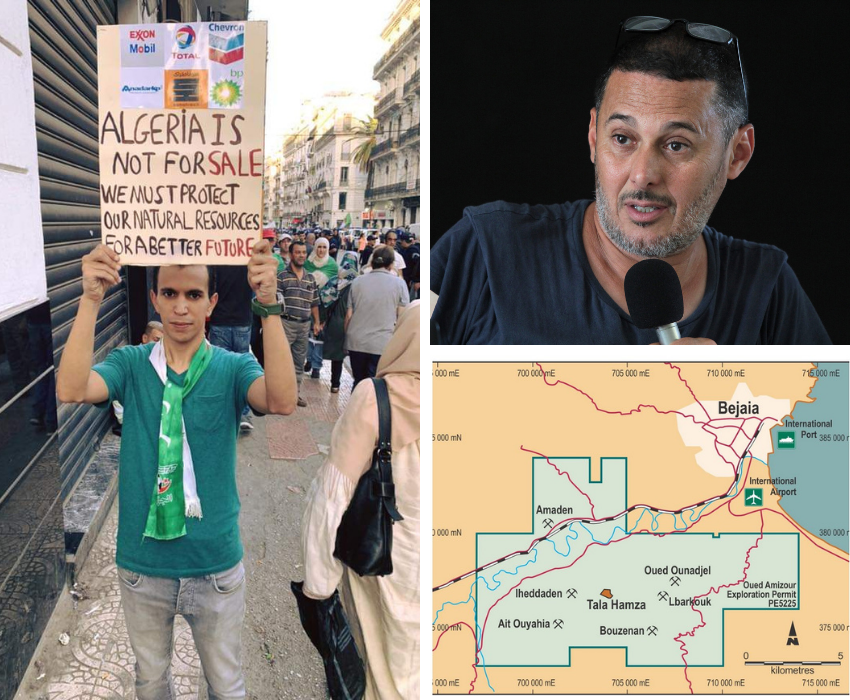
An Algerian court has acquitted university lecturer and scientist Kamel Aïssat on all charges related to his opposition to a lead and zinc mine on Algeria’s Mediterranean coast, following an international campaign of solidarity.
The Tala Hamza mine, located 15 kilometres from the city of Béjaia, is owned by Western Mediterranean Zinc (WMZ), a joint venture between South Australian-based miner Terramin and the Algerian-based Enterprise Nationale des Produits Miniers Non-Ferreux et des Substances Utiles Spa, according to mining-technology.com.
According to a January 7 statement released by his supporters, Aïssat was accused of “undermining the national interest” and “undermining national unity” after he expressed reservations over the quality of the “impact study” drawn up by an environmental consultancy for WMZ in 2020.
Aïssat criticised the impact study “for ignoring the scientifically and historically proven risks of imminent heavy metal poisoning for the population” and “the risks to the Soummam water table, which supports the region’s agri-food industry” and national water supply.
Aïssat also said the impact study ignored: the country’s environmental laws; the 2013 decree that gave Soummam Valley the status of a wetland of international importance, under the RAMSAR Convention (of which Algeria is a signatory); and mining law, which “prohibits all mining activity on sites protected by international conventions and/or legal texts”.
His supporters said: “In the current context, given society’s heightened ecological awareness, it is clear that Kamel Aïssat’s struggle is receiving the attention it deserves, thanks to the court ruling that has just been given in his favour and to the fight waged by the hundreds of citizens who have expressed their rejection of this project and petitioned against the mine’s development.
“It was popular mobilization that led to Kamel Aïssat’s acquittal: this, with the participation of local residents, social movement organizations, associations, independent trade unions and the UGTA [General Union of Algerian Workers], showed where legitimacy lies, even though the public prosecutor had asked for three years imprisonment.
“This is an encouragement for the mobilization against the mine and for the environmental and anti-imperialist struggles. For all the victims of repression, particularly since the Hirak [Algeria’s 2019–21 protest movement], it is formidable proof that the struggle, combining legal and militant action, can achieve success.”
Terramin was given the green light on May 13 last year to develop its mining operation and according to zawya.com, broke ground for the mine’s development on November 13.
Since the 2019‒21 protest movement, President Abdelmadjid Tebboune’s government has cracked down on journalists, political activists, trade unionists and environmentalists.
Despite this, opponents of the Tala Hamza mine will no doubt continue their campaign against it.